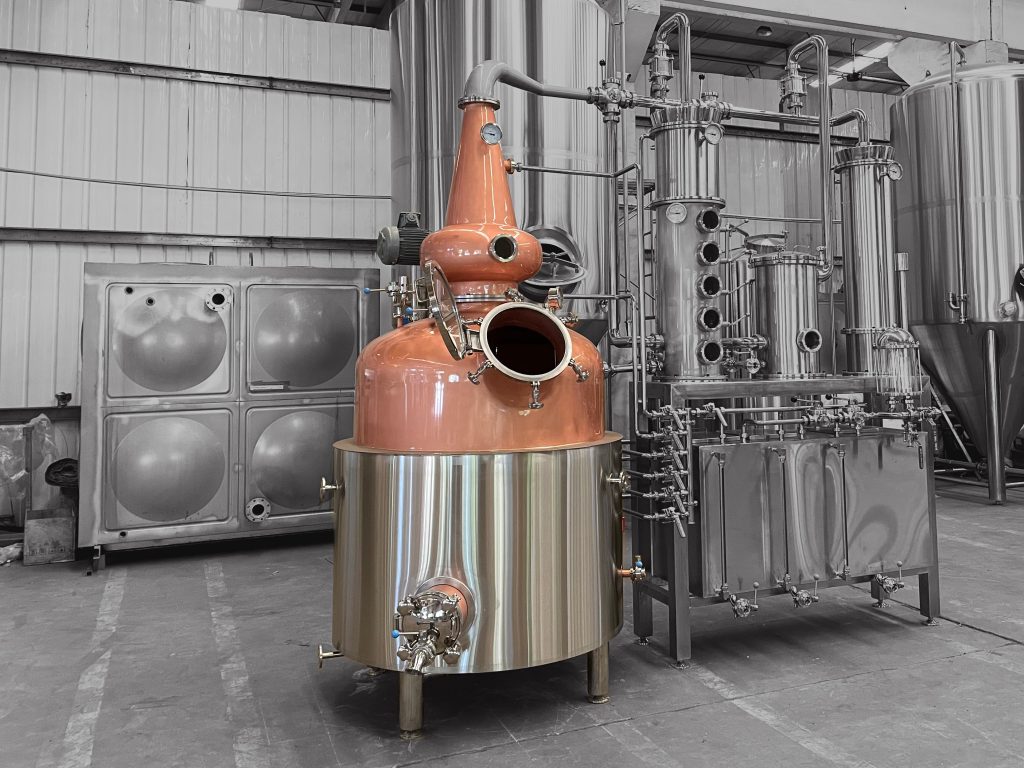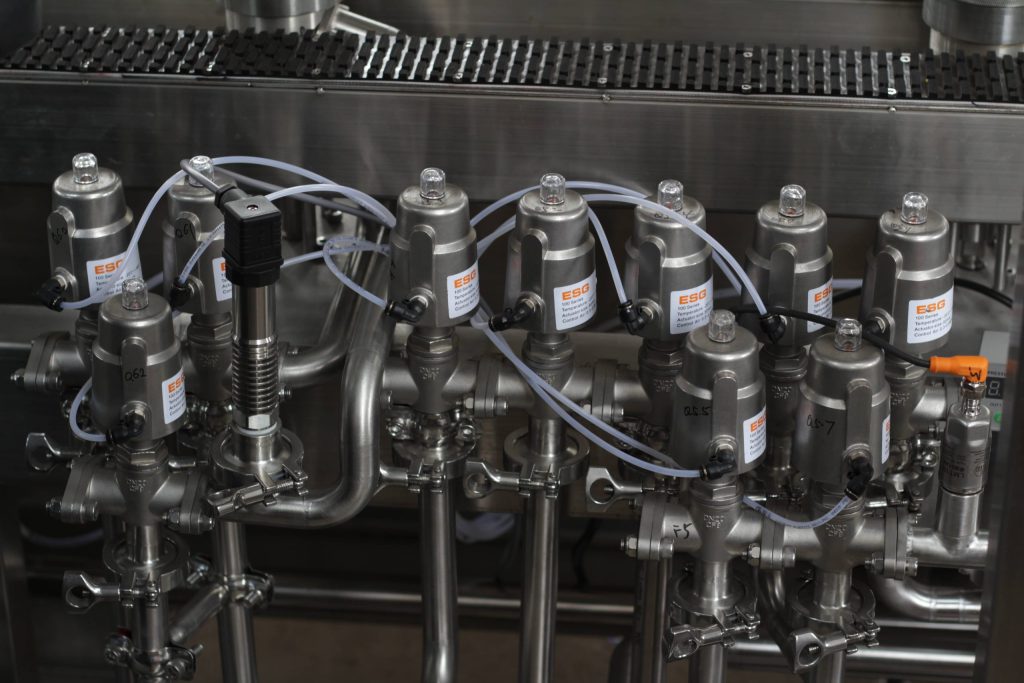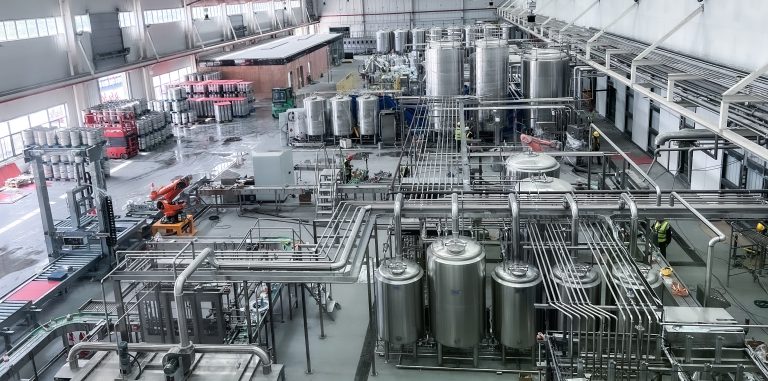Introduction

In the vibrant and ever-evolving world of craft brewing, the right commercial beer equipments are not just tools; they are the foundation of your brewery’s success. Investing in high-quality commercial beer equipments ensures consistent product quality, efficient operations, and ultimately, a thriving business. This article delves into the essential aspects of commercial beer equipments, providing insights and guidance for both aspiring and established brewers. Understanding the nuances of each piece of equipment is crucial for optimizing your brewing process and achieving consistent, high-quality beer.
Essential Commercial Beer Equipment: The Core of Your Brewery
A successful brewery relies on a robust set of commercial beer equipment. Each piece plays a critical role in the brewing process, from grain milling to packaging. Here’s a breakdown of the essential equipments you need:
The Brewhouse: Where Magic Happens
The brewhouse is the heart of any brewery. It consists of several key components:
- Mash Tun: This is where the grains are mixed with hot water to create a mash, initiating the conversion of starches into fermentable sugars. Quality commercial beer equipments here are crucial for consistent mash temperatures. Precise temperature control in the mash tun ensures optimal enzyme activity, which directly impacts the sugar profile of the wort.
- Lauter Tun: The lauter tun separates the wort (the sugary liquid) from the spent grains. Efficient commercial beer equipments in this stage maximize wort extraction. Proper design and filtration capabilities in the lauter tun are essential for achieving a clear wort with the desired sugar concentration.
- Brew Kettle: The wort is boiled in the brew kettle, where hops are added for flavor and aroma. Durable commercial beer equipment ensure consistent boiling and hop utilization. The boil not only sterilizes the wort but also drives off unwanted compounds, contributing to the final flavor profile of the beer.
- Whirlpool: After boiling, the whirlpool separates the hop debris and other solids from the wort. Proper commercial beer equipment contribute to a clearer wort. This clarifies the wort, preventing unwanted flavors and improving the beer’s overall appearance.
Fermentation Vessels: The Transformation Stage
Fermentation is where the wort is transformed into beer. Key commercial beer equipment include:
- Fermenters: These vessels provide a controlled environment for yeast to convert sugars into alcohol. Temperature control is paramount, making reliable commercial beer equipments essential. Maintaining precise temperature during fermentation ensures the yeast performs optimally, producing the desired alcohol content and flavor compounds.
- Conditioning Tanks: After fermentation, the beer is conditioned to improve clarity and flavor. High-quality commercial beer equipments maintain precise temperature and pressure. This conditioning period allows the beer to mature, resulting in a smoother, more refined final product.
Packaging Equipments: Bringing Your Beer to Market
Packaging is the final step in the brewing process. Essential commercial beer equipments include:
- Bottling/Canning Lines: These lines fill and seal bottles or cans, ensuring product freshness and quality. Efficient commercial beer equipments increase production speed and reduce waste. Automated lines can significantly boost throughput, allowing breweries to meet market demand.
- Kegging Equipments: Kegging is a popular option for distributing beer to bars and restaurants. Robust commercial beer equipment ensure consistent filling and sealing. Properly kegged beer maintains its quality and carbonation, ensuring a positive customer experience.
Supporting Equipments: The Unsung Heroes
Beyond the core equipments, several supporting equipments are vital:
- Grain Mills: These equipments grind the grains to the desired consistency. Proper commercial beer equipments ensure uniform milling. Consistent grain milling is crucial for achieving a uniform mash and consistent wort extraction.
- Cleaning and Sanitation Equipments: Maintaining hygiene is crucial in brewing. Specialized commercial beer equipment make cleaning and sanitation efficient. Effective sanitation practices prevent contamination, ensuring the beer’s quality and safety.
- Refrigeration Systems: Precise temperature control is essential throughout the brewing process. Reliable commercial beer equipments are vital for maintaining consistent temperatures. Proper refrigeration safeguards the beer from spoilage and ensures consistent product quality.
Key Considerations When Choosing Commercial Beer Equipment
Selecting the right commercial beer equipments involves several critical factors:
Capacity and Scalability
- Your equipments should match your current production needs and allow for future expansion. Scalability in commercial beer equipment is very important. Investing in scalable equipments ensures that your brewery can grow without the need for costly replacements. This allows for a more streamlined and cost effective growth plan.
Quality and Durability
- Invest in high-quality commercial beer equipments that are built to last. Durable materials and robust construction ensure longevity and reliability. High-quality materials resist corrosion and wear, minimizing downtime and maintenance costs.
Efficiency and Automation
- Modern commercial beer equipment offer automation features that streamline the brewing process. Efficiency improvements reduce labor costs and increase output. Automation reduces the risk of human error and ensures consistency in the brewing process.
Supplier Reputation and Support
- Choose a reputable supplier that provides excellent customer support, including installation, training, and maintenance. Reliable commercial beer equipments suppliers are key. A reliable supplier will provide timely assistance and ensure that your equipments operate at peak performance.
Commercial Beer Equipments and Brewery Success: A Detailed Look
The right commercial beer equipments directly impact your brewery’s success in several ways:
Consistent Product Quality
- High-quality commercial beer equipment ensure consistent brewing conditions, resulting in a consistently excellent product. Consistent quality builds customer loyalty and enhances your brewery’s reputation.
Increased Production Efficiency
- Efficient commercial beer equipments streamline operations, reducing production time and costs. Increased efficiency allows breweries to produce more beer with fewer resources, improving profitability.
Enhanced Product Variety
- Versatile commercial beer equipment allow you to experiment with different beer styles and flavors, expanding your product range. Versatility enables breweries to cater to a wider audience and stay competitive in the market.
Improved Operational Safety
- Well-maintained commercial beer equipments minimize the risk of accidents and ensure a safe working environment. Safety features and proper maintenance prevent accidents, protecting both employees and the brewery’s assets.
Commercial beer equipment maintenance and care
Proper maintenance of your commercial beer equipments is essential for their longevity and performance. Here are some key maintenance tips:
- Regular cleaning and sanitation: After each use, thoroughly clean and sanitize all equipments to prevent contamination. This prevents off flavors and bacterial growth.
- Scheduled inspections: Conduct regular inspections to identify and address any potential issues before they escalate. Catching minor problems early prevents costly repairs and downtime.
- Preventive maintenance: Follow the manufacturer’s recommendations for preventive maintenance to ensure optimal performance. Adhering to maintenance schedules prolongs the equipment’s life.
Table of Beer Equipments and Their Functions

| Equipment | Function | Key Features |
|---|---|---|
| Mash Tun | Converts grain starches to sugars | Temperature control, efficient mixing |
| Lauter Tun | Separates wort from spent grains | Efficient filtration, high extraction rate |
| Brew Kettle | Boils wort, adds hops | Consistent heating, durable material |
| Fermenter | Ferments wort into beer | Temperature control, pressure management |
| Conditioning Tank | Conditions beer for clarity and flavor | Precise temperature control, CO2 management |
| Bottling/Canning Line | Fills and seals bottles/cans | High speed, accurate filling |
| Kegging Equipment | Fills and seals kegs | Consistent filling, reliable sealing |
| Grain Mill | Grinds grains to desired consistency | Adjustable settings, uniform milling |
| Cleaning and Sanitation Equipment | Cleans and sanitizes equipment | High pressure, efficient cleaning |
| Refrigeration System | Maintains precise temperatures | Consistent cooling, reliable performance |
Conclusion
Investing in the right commercial beer equipments is a critical step towards building a successful brewery. High-quality equipments ensure consistent product quality, efficient operations, and ultimately, a thriving business. By carefully considering your needs and choosing reliable suppliers, you can create a brewery that stands out in the competitive craft beer market.
To start your journey to brewery success, contact us today for expert advice and top-quality commercial beer equipments. We are here to help you get the best commercial beer equipments for your brewing needs.
FAQ
What are the essential commercial beer equipments for a startup brewery?
Essential equipments include a brewhouse, fermenters, conditioning tanks, and basic packaging equipments. Starting with these core items allows for efficient production and allows for later expansion.
How do I choose the right size commercial beer equipments for my brewery?
Consider your current production capacity and future growth plans. It’s important to accurately estimate the future demands of your brewery to avoid purchasing equipment that will need to be replaced.
How important is maintenance for commercial beer equipments?
Regular maintenance is crucial for ensuring the longevity and optimal performance of your equipments. Properly maintained equipment reduces downtime and keeps production running.

